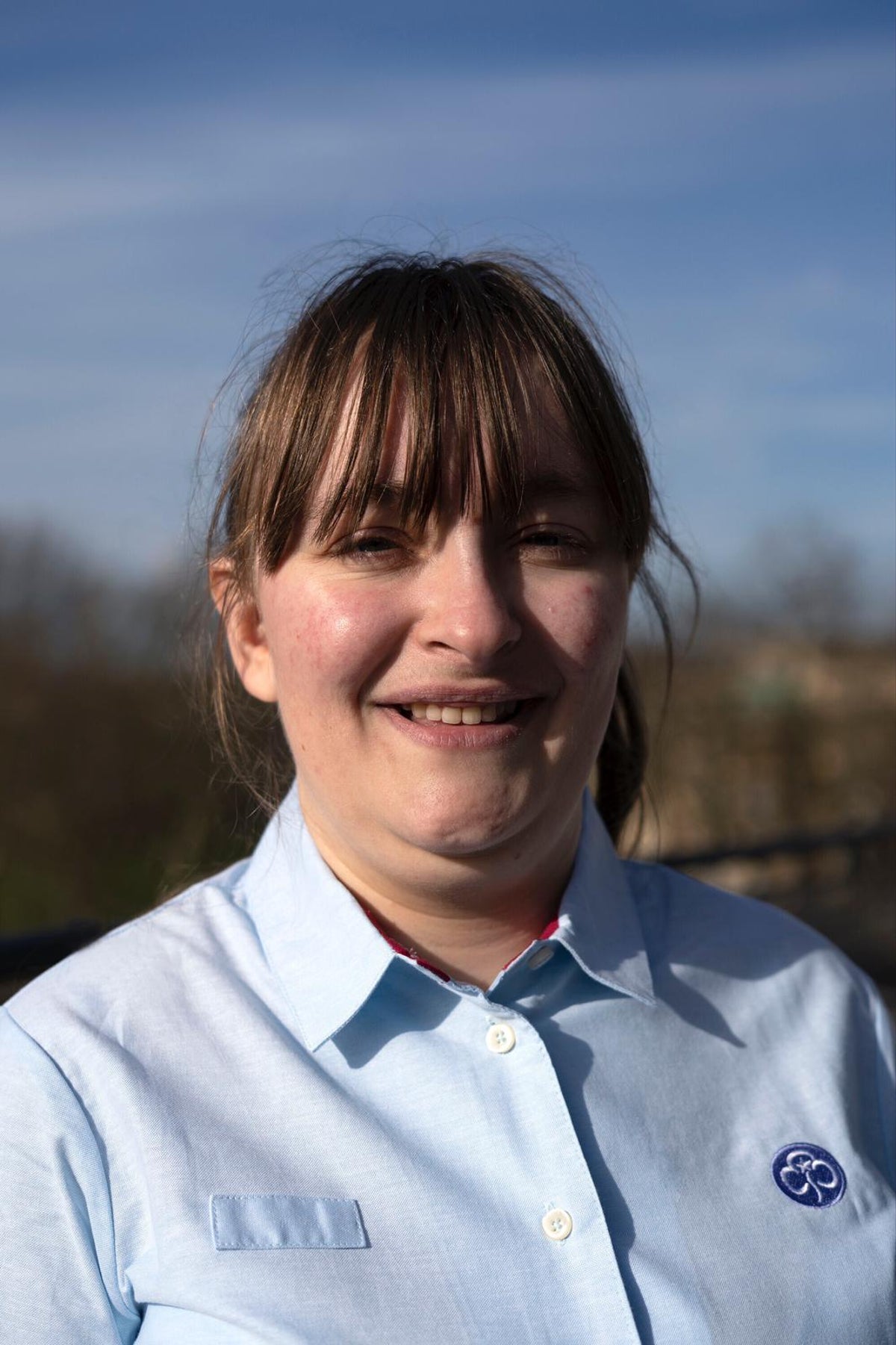
Girls in the UK have much lower levels of confidence than their male peers, according to new research.
A study published by Girlguiding discovered girls are battling a crisis in confidence with their self-esteem plummeting when they hit their teenage years.
Researchers found there is virtually no difference in girls’ confidence to boys at the age of ten but when they reach the age of 12, girls are 17 per cent less likely to report high confidence in comparison to boys.
The study, released on International Day of the Girl, discovered this gap surges to 24 per cent by the age of 15.
Researchers found girls in Girlguiding aged between 10 and 15 are 12 per cent more likely to report not feeling nervous in new scenarios than those who do not belong to girl guides.
Ellan Day, who works as a supply teaching assistant, told The Independent she experienced “a lot of self-doubt” from school years until university but this has improved substantially in recent years.
The 26-year-old, who is from Derbyshire, said she grappled with a strong “fear of rejection” and a dearth of confidence which was exacerbated by developing a problem with her wrist during her GCSEs which meant she could not write so needed extra help with her exams.
She dropped out of school at the age of 17 due to not feeling like it “was the route” for her but later returned to education and has completed a degree in psychology, she added.
Ms Day said many of the girls she supports at school whose ages range from four to 18 struggle with confidence issues and argued that this is compounded by social media.
“You definitely notice a lack of confidence in them,” she added. “We will be running an activity and they say ‘I can’t do that’. I ask ‘what are you struggling with?’ They can’t pinpoint what it is. They write it off immediately – they won’t even try it.”
Ms Day, who volunteers for Girlguiding and has been involved in the organisation since the age of 10, said many young people are consumed by “how they appear to the outside world” and comparing themselves to others on social media.
She added: “It is now much easier to see what everyone else is doing. Social media is a ‘let’s celebrate everything I’ve done’ place. It can make people feel very envious. People can get very angry as well and it can make people quite sad. It makes people question themselves.”
Ms Day explained Snapchat, Instagram, Twitter (X), and YouTube had exploded by her late teens and warned it often felt like “a popularity contest”.
She said: “If your post doesn’t get as many likes or comments, it feels like your success doesn’t matter as much. If your success was in looking pretty, having lots of friends, nice outfits and being good at makeup - that felt like more important than doing well in an exam.
“You knew when it was results day coming up there would be streams of posts of people getting A’s in exams. If you had not done as well, it felt like there was no point in posting. I tried to avoid being on social media for the week around exams day.”
Angela Salt, chief executive of Girlguiding, said polling the organisation released last month showed “girls’ happiness is at a 15-year low”.
She added: “Girlguiding plays a vital role in providing a space for girls to explore, have fun and belong, all whilst building their confidence to navigate the pressures that come with being a girl in 2023.”







